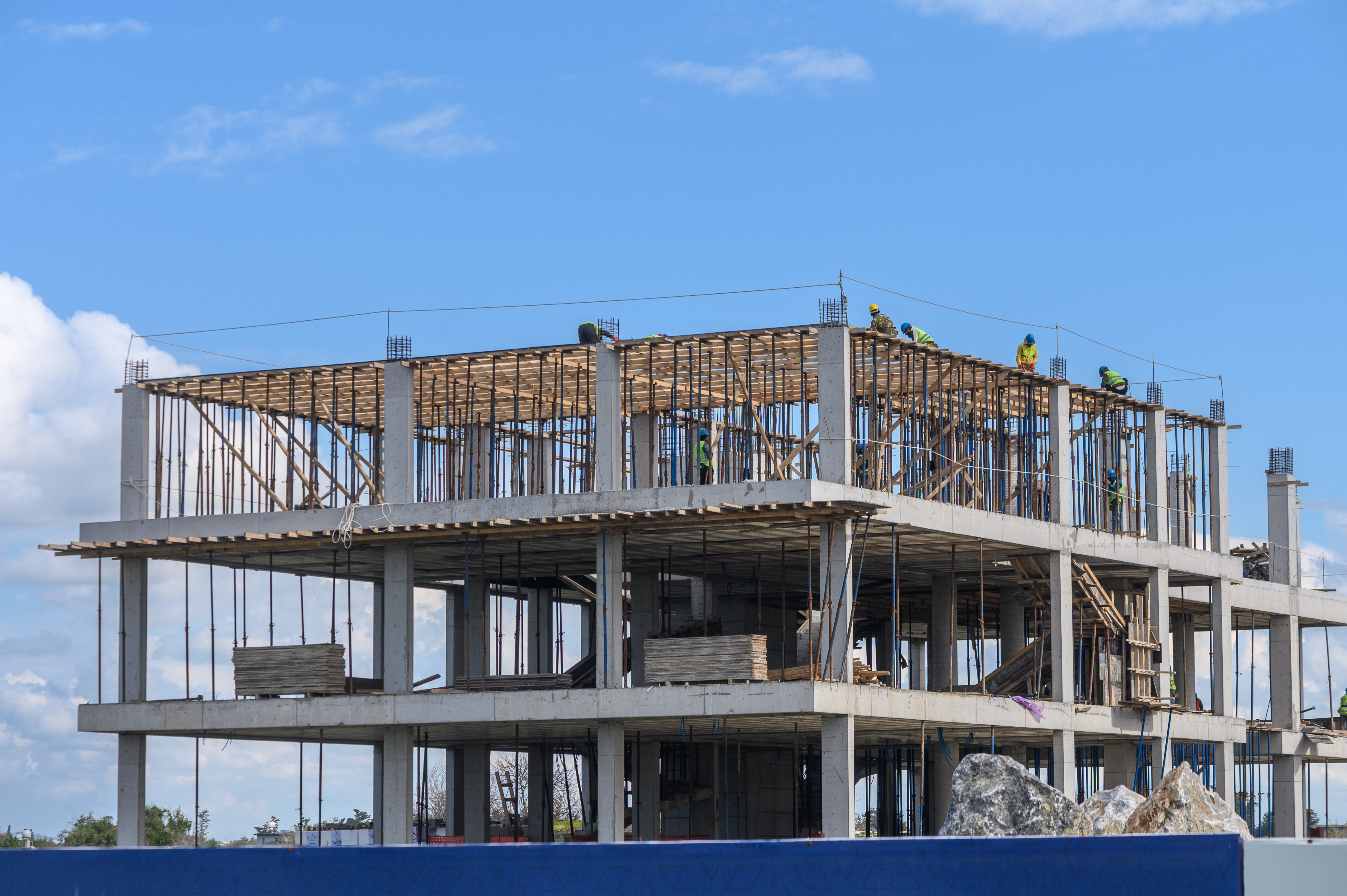Building Success: Property Development and Construction

Legal Considerations for Property Development
Property development and construction projects require careful attention to legal details to ensure successful outcomes. Understanding key legal aspects is critical throughout the lifecycle of any project.
Compliance with Building Codes and Zoning Laws
Adhering to building codes and zoning laws is fundamental in property development. These regulations determine how land may be utilized and what types of structures can be built. Key steps include:
- Researching local zoning ordinances and land-use regulations.
- Verifying that the project aligns with area-specific requirements.
- Obtaining all necessary permits and approvals before starting construction.
- Following building codes related to safety, accessibility, and environmental standards.
Failure to meet these requirements can lead to delays, modifications, or even project cancellations. Collaborating with legal professionals and local agencies can help keep the project on track.
Managing Construction Disputes
Despite thorough planning, disputes may nevertheless arise during construction. Effectively addressing these issues is essential to maintaining project progress and professional relationships. Consider the following strategies:
- Include dispute resolution clauses in contracts, starting with negotiation and progressing to mediation or arbitration if needed.
- Define clear procedures for changes in project scope or specifications.
- Use termination clauses to clarify expectations and conditions for ending agreements.
- Keep detailed documentation of all communications and decisions.
These approaches can reduce disruptions and prevent legal battles that might jeopardize the project.
Key Strategies for Project Success
To achieve favorable results in property development, it’s important to focus on these elements:
- Thorough Market Research: Conduct studies to evaluate demand and project feasibility.
- Qualified Team: Work with experienced architects, engineers, contractors, and legal advisors.
- Sustainable Practices: Integrate environmentally friendly technologies to meet modern standards.
- Clear Communication: Foster open communication among all team members and stakeholders.
- Effective Project Management: Engage skilled managers to maintain timelines and efficiency.
- Risk Mitigation: Use strategies like insurance and well-defined agreements to safeguard the project. An attorney can help you draft agreements that accomplish this.
- Continuous Review: Reflect on past projects to enhance future efforts.
By focusing on these priorities, developers can effectively handle legal requirements and deliver successful projects. If your company is interested in property development and construction, then consider seeking legal guidance from an attorney.
Disclaimer: This blog post is intended for informational purposes only and does not constitute legal advice. For specific guidance, please consult a qualified attorney familiar with Seattle business regulations.




